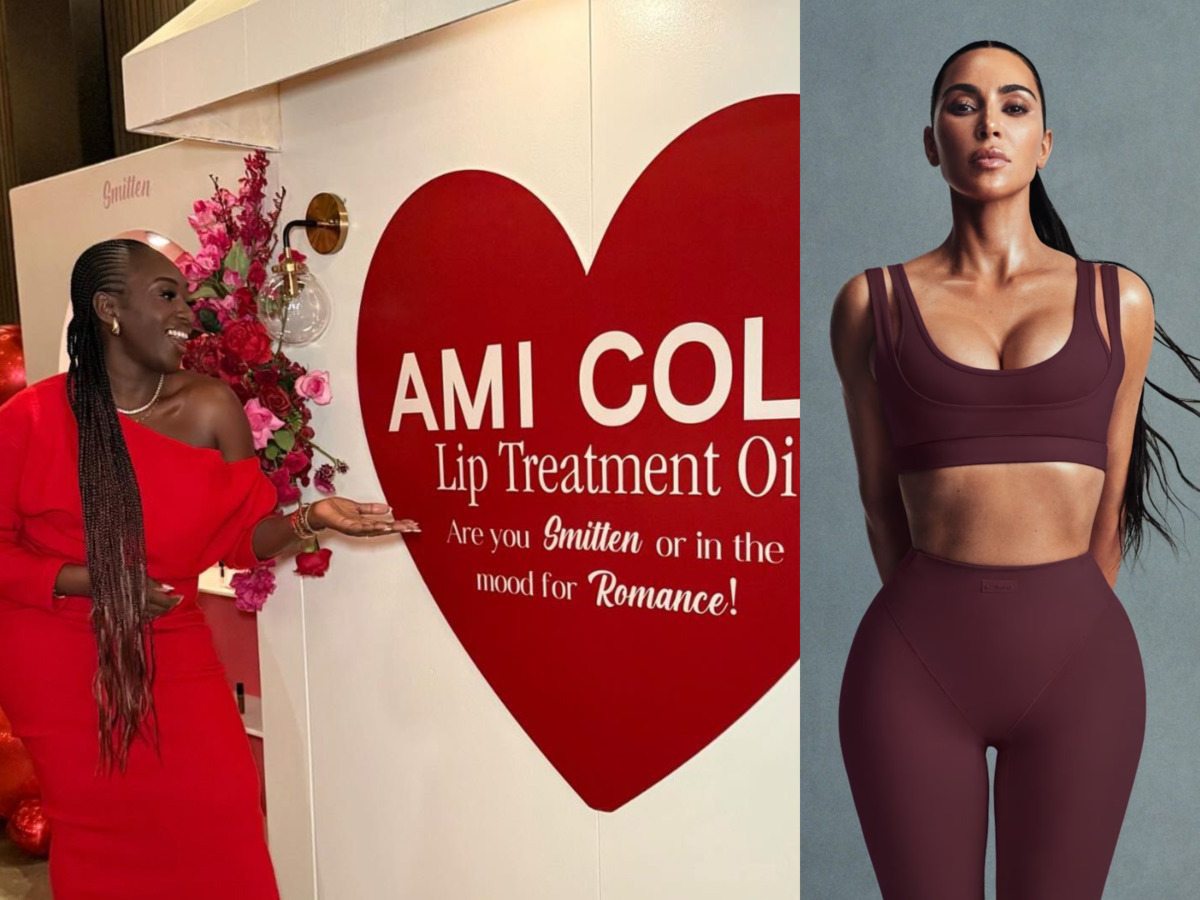When Diarrha N’Diaye-Mbaye announced that she was closing her beauty brand, Ami Colé, due to unsustainable costs in the beauty market, Black beauty lovers were shocked. The Black-owned beauty brand, renowned for its clean, melanin-rich products, recently stated that it will officially close in September 2025.
Founded by N’Diaye-Mbaye in 2021, the brand earned acclaim not long after its launch, becoming a favorite of many celebrities, including singer Kelly Rowland and actress Mindy Kaling.
From the viral Lip Treatment Oil to the Skin-Enhancing Tint, N’Diaye-Mbaye’s products were created for individuals with darker skin tones, as they often find it hard to get products that go with their skin color.
Its closure left many broken but it’s now great to hear that the brand’s founder, N’Diaye-Mbaye, has been appointed as executive vice president of Kim Kardashian’s Skims Beauty. Kardashian’s clothing brand recently announced its expansion into beauty, and N’Diaye-Mbaye’s new role at the company will see her leading product development, innovation, and brand strategy across both beauty and fragrance, Cosmopolitan reported.
“Kim will lead the vision, but we dance so beautifully together,” N’Diaye-Mbaye told Cosmopolitan. “I will be working to bring the products to a world where everyone feels they can relate. Fashion can feel aspirational, but for beauty, we also want it to feel accessible.”
N’Diaye-Mbaye’s previous roles in the beauty industry shows that she is truly fit for this new position. Born to Senegalese parents and raised in Harlem, N’Diaye-Mbaye worked at L’Oréal and Glossier before starting her makeup brand.
Earning over 80 beauty awards, she became one of 30 Black women to raise over $1 million for their businesses in 2020. This was after the murder of George Floyd, when investors and corporations started throwing their weight behind diversity, equity, and inclusion initiatives. Ami Colé continued to raise more capital from well-meaning investors, including Imaginary Ventures, Debut Capital, and Female Founders Fund.
In 2022, the brand moved quickly onto the shelves of Sephora, starting with 270 doors and building to 600 doors nationwide within 16 months of its launch, N’Diaye-Mbaye told The Cut.
Even though the brand was backed by over $3 million in venture capital, its closure showed that a firm’s longevity cannot always be attributed to the millions of dollars it has raised. As N’Diaye-Mbaye put it, one of the challenges her brand faced was that there was no connection between her vision and the expectations of her investors. Also, her brand couldn’t compete with larger companies that had bigger financial backing.
Four years after her brand officially launched, N’Diaye-Mbaye said, “the world feels upside down.”
“We’ve got this president, climbing tariffs, and marketing costs that are brutal for small brands like mine. And while my story isn’t unique, it still hurts to watch an industry preach inclusivity while remaining so unforgiving,” she said to The Cut.
Even though she disclosed that her company was closing, N’Diaye-Mbaye said her work in the industry wasn’t done.
“I still believe in beauty — at every level — and I’m looking forward to discovering what comes next,” she said.










